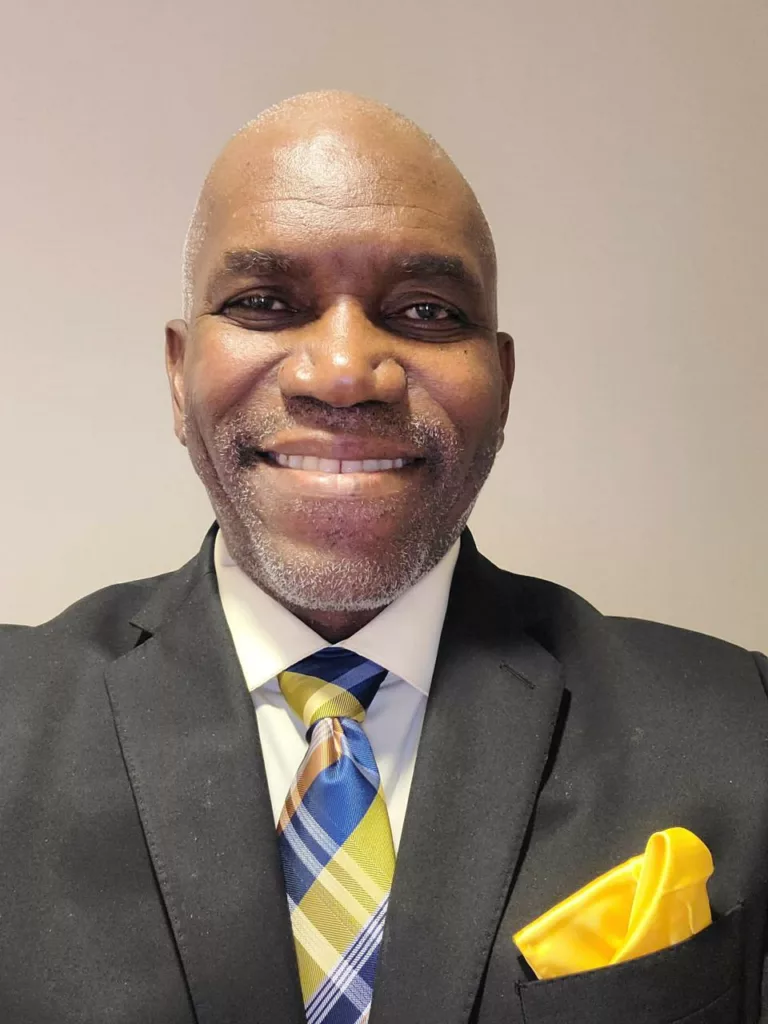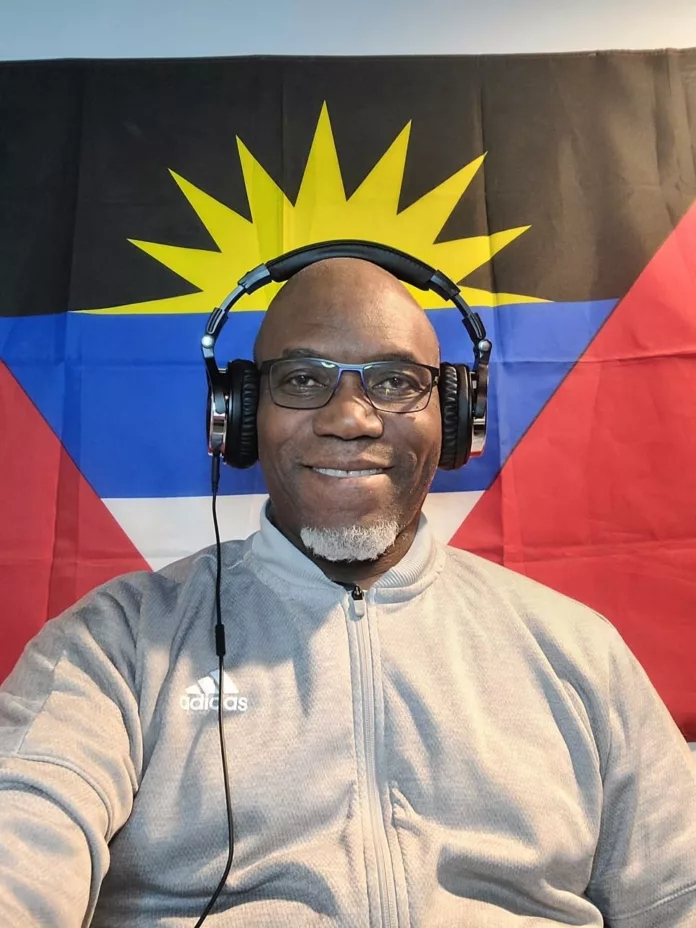John Fitzgerald Greene is a healthcare professional who migrated to the USA 28 years ago and now lives in Maryland.
He was born in Greenbay and grew up in Cooks Hill.
While living in Antigua, Greene was involved in community and youth work, sports, theatre and other activities in the Grays Green community.
He is the team leader for a non-profit organisation – My Second Family Community Resource Services. This organisation exists to assist persons in Antigua and Barbuda who need adaptive equipment and other services that may enhance their quality of life.

Barbara: Mr Greene, what prompted you to migrate to the USA?
John Greene: I made that decision after the hurricane of 1995.
I was at that time Director of the Youth Skills training programme. As a result of the hurricane everything with that programme came to a halt. I took some time to be with my mother and other siblings in the USA, expecting to return. Later that year, I was told that my position with Youth Skills was no longer in effect. So I decided to stay in the USA.
Barbara: You mentioned adaptive equipment. Could you explain to us what that is?
John Greene: Adaptive equipment are items that help someone to do general activities in cases where they may have limited abilities. Items
such as wheelchairs, walkers, eyewear etc are included, even hospital beds. Some are medical and some are more durable equipment.
Barbara: What more would you like to see done for people in Antigua and Barbuda who are diagnosed with developmental disabilities?
John Greene: Early diagnosis and appropriate programmes that allow persons to have the best quality of life possible based on their different abilities are a must. Most of our local needs are linked to accessibility. We have individuals who can’t walk up steps so can’t go into most government or private business establishments. The environment needs to be adaptive. Things like ramps and grab bars should be everywhere. I set up an organisation in Antigua and Barbuda to assist with things like that, but Covid delayed the official launch. My team and I will be breathing new life into the ideas and programmes shortly.
Barbara: What about St John’s? If given the opportunity to redesign, what changes would you make?
John Greene: St John’s is a whole different problem. We have no sidewalks, no access to most places for persons who may have mobility issues. I’m also concerned with people who have developmental delays or who have developed in a way that people see as different.
Barbara: Would things like autism and dyslexia fall under the areas that you are speaking about?
John Greene: Autism Spectrum Disorder is one of the most common developmental disabilities. It is called a spectrum because there is no one level or scale of autism. Some may be mild and others severe. Some people may have functional abilities and limited cognitive abilities. One of my concerns is that people with developmental disabilities and intellectual disabilities are often sent to Clarevue and that is not the place for them. Developmental disabilities and intellectual disabilities are not mental illnesses.
Barbara: Is our education system doing enough for our children with special learning needs?
John Greene: For our children to flourish we need to see adaptive equipment such as tablets, books with large prints, and audio devices for those with sight issues in all schools. Our society should provide services to allow persons who are diagnosed to live a quality life while supporting them and giving them access to more places and services. For example, if a person has an unsteady gait which affects them walking and may cause falls, a gait belt would be an item that can be tried before confining them to a walker or wheelchair. Using a gait belt
means the person would need an assistant to walk next to them to help if they are falling. If a child has issues communicating and reading, perhaps a smart tablet can be considered. It might help them to communicate by touching pictures. They will learn by hearing the words. Education and acceptance are vital. We need to accept that we all have some type of disability; some more profound and some very mild. Supporting each other in all our activities will go a long way. I am hoping to get funding for a few workshops and training programmes. We need to demystify developmental and intellectual disabilities.
Barbara: Thanks John. Any final thoughts?
John Greene: I am of the -belief that if we take care of the 10 percent of the population who are afflicted with some form of disability, we can reduce the burden on families. We can all help each other. Other types of disabilities must also be addressed. Any one of us can become disabled outside of the developmental stage of life and have greater needs.

